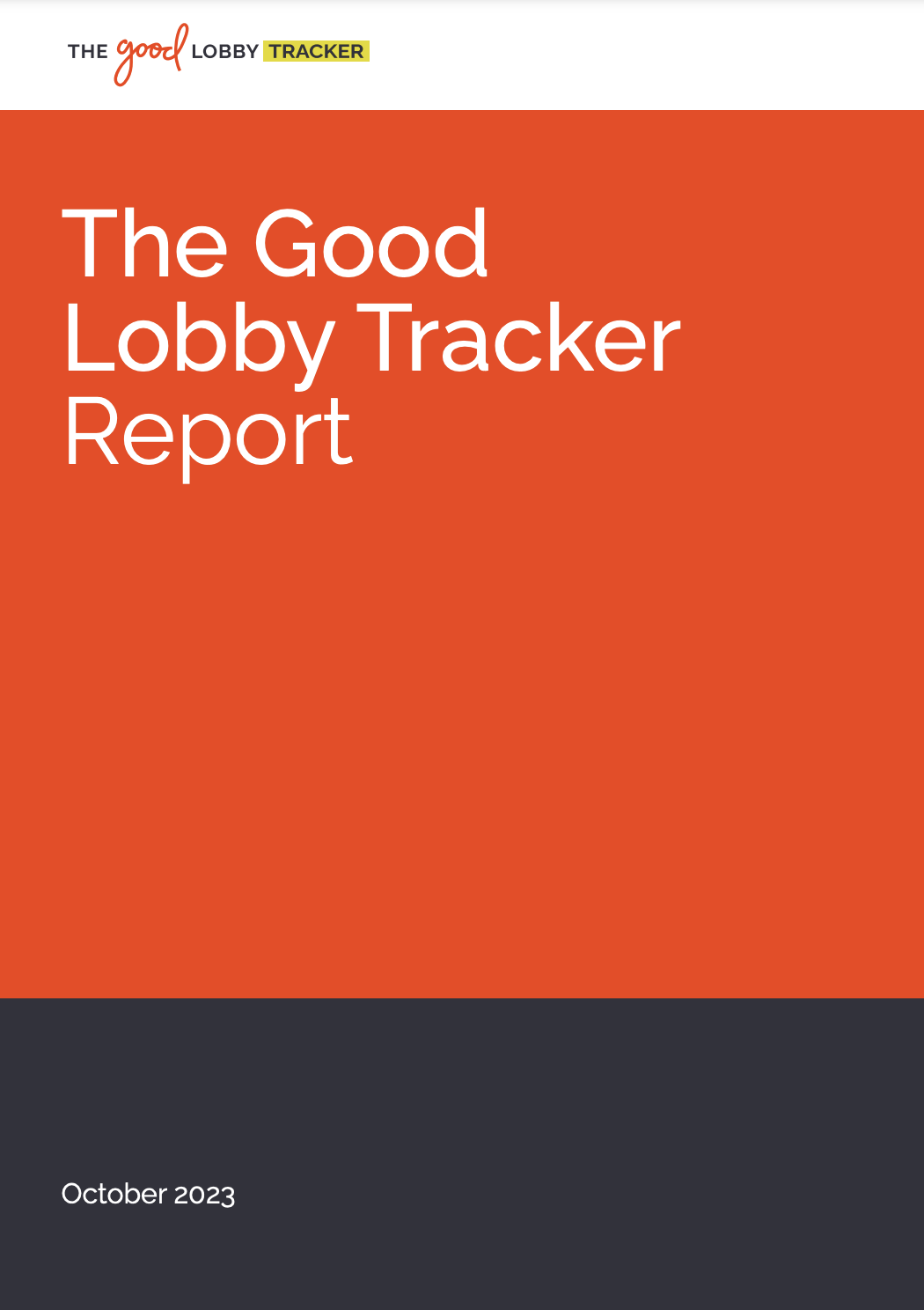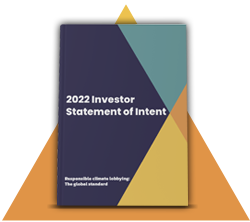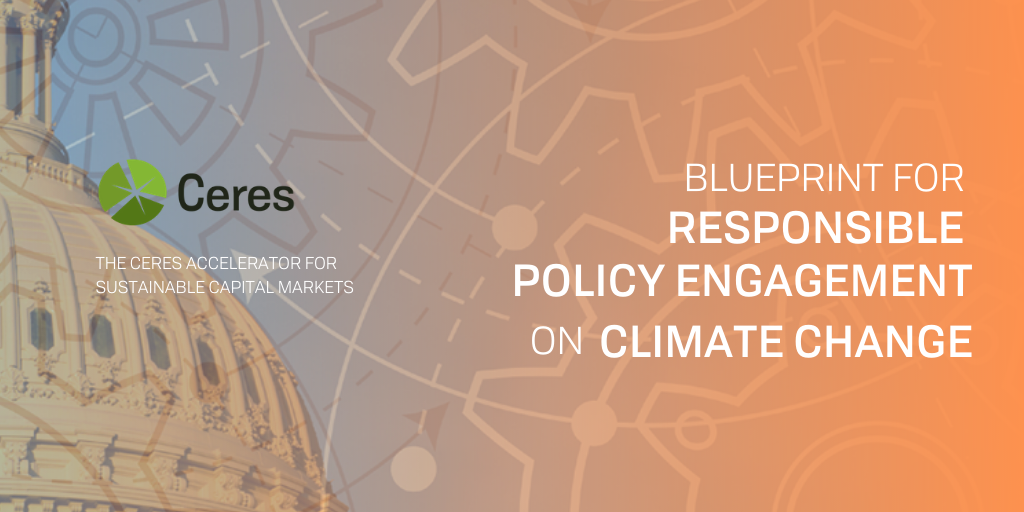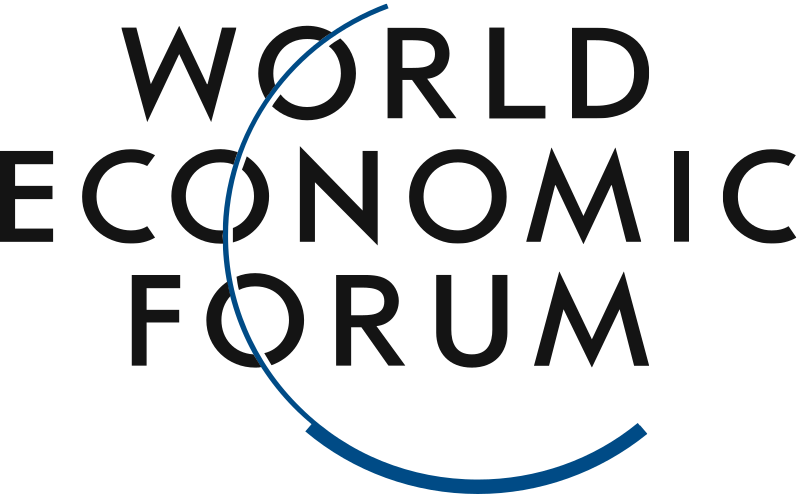Business Practices, Ethics, and Consumer Rights
Description
The company undertakes all reasonable efforts to ensure the health and safety of its products, to avoid unintended adverse impacts on the end user. The company respects animal rights and takes steps to ensure the welfare of animals that are part of its operations or value chain. The company practices responsible advertising and avoids harmful depictions or stereotyping of certain groups in society. Any contributions to lobbying efforts or political fundraising are transparent and in alignment with the values, beliefs, and sustainability-related pursuits of the company. The company provides meaningful warranties for its products or services, allows for returns and exchanges, using a transparent process, and supports emerging consumer rights to repair (rather than replace) used products.
Share this Subissue on:LinkedIn
Resources
Political Engagement
The Good Lobby Tracker
Attention to ESG disclosure has risen dramatically in recent years, and yet the "political footprint" of businesses consistently flies under the radar. This resource can help you understand this phenomenon, as well as understand the tools that are currently available for reporting on corporate political activities such as lobbying, political spending, and other forms of public policy influence. The tracker assesses all major corporate political responsibility initiatives, identifies trends and best practices, and provides specific recommendations for action for different stakeholders, including companies and investors. It also features a series of ranked scorecards for each of the 26 initiatives assessed. This guide will be most useful to corporate change agents, investors, and others interested in making political conduct of businesses more visible and better aligned with addressing sustainability challenges.
Responsible climate lobbying: The global standard
This global standard was created to provide a framework to ensure that companies' lobbying and political engagement activities align with the goal of restricting global temperature rise to 1.5°C above pre-industrial levels. It includes an investor statement in support of responsible climate lobbying as well as an appendix of 14 indicators of responsible climate lobbying, which outlines requirements among policy and climate change-related commitments; governance; and actions. This standard is an excellent starting point for any business currently engaged in direct and/or indirect climate lobbying as well as businesses actively considering participation.
Climate Action 100+ Resource Hub
This resource hub from InfluenceMap’s Climate Action 100+ (CA100+) initiative can help you better understand corporate climate policy engagement. The site features a series of tools that show which organisations are contributing to - or hindering - climate policy. These include the CA100+ Company Rankings and Industry Association Rankings, with rankings determined by alignment with the Paris Agreement; Corporate Disclosure scorecards, which assesses the accuracy and credibility of corporate sustainability reporting; and Shareholder Resolutions, featuring real world investor briefings created by InfluenceMap to support shareholder voting decisions on corporate climate policy.
This set of tools was designed for investors, but they will be useful to anyone interested in benchmarking and ensuring consistency between their business’ commitments and actions on climate change.
The Erb Principles for Corporate Political Responsibility
This set of principles from the ERB Institute was created to provide you with an actionable, nonpartisan template for responsible corporate engagement in political affairs. The principles cover four topics: legitimacy, accountability, responsibility, and transparency. Foundational responsibilities and discretionary opportunities are outlined for these topics. This guidance will be most applicable to legal and compliance teams, but may also be insightful for sustainability teams seeking to better understand how businesses may be undermining their sustainability efforts through their lobbying.
Blueprint for Responsible Policy Engagement on Climate Change
Despite the clarity and availability of scientific research, policy action on climate change has fallen short of what is needed. This resource from Ceres will help you to establish systems that address climate change as a systemic risk and integrate this understanding into your company's direct and indirect lobbying on climate policies. Designed primarily for the governance and legal departments of companies, this Blueprint builds on existing resources and provides concrete recommendations for 1) assessing the impacts of climate change to your company, 2) systematizing decision-making on climate change across the company, and 3) acting to align lobbying with public, science-based climate policies. Many of the guiding principles here can also be applied to other social and environmental issues that impact your company.
Responsible Policy Engagement Analysis 2022
This resource from Ceres was created to provide companies with insights into best practices and top performers for climate advocacy. It benchmarks S&P 100 companies against the expectations laid out in the Ceres Blueprint for Responsible Policy Engagement on Climate Change, and outlines trends and guidance to help you to better assess climate-related business risks; systematise decision-making; advocate in support of IPCC-aligned policy; and engage with trade associations to support said policy. Ceres also released an interactive database to help you to assess and compare companies’ performance on key metrics.
How Can Companies Use Their Political Influence Responsibly?
This article explains how businesses can engage responsibly in the political sphere and advance sustainability through their political activities. The article asks key questions that can help your company to better use its political clout, and unpacks four principles - accountability, transparency, responsibility, and legitimacy - that can help you to better understand whether (and how) to engage in political influence.
Climate Ambition to Advocacy: A framework for responsible policy engagement
This framework by the We Mean Business Coalition aims to help you match your climate policy advocacy efforts with your climate ambition. It explains Responsible Policy Engagement (RPE); identifies the advocacy gap and outlines how you can identify the advocacy gap for your organisation; and highlights the drivers and benefits of RPE. It is also complemented by a data tracker, which illustrates the gap between the advocacy efforts of the world’s largest firms and their SBTi-validated climate targets. The framework is designed for public affairs, legal, and marketing teams, but may be most useful to the sustainability teams and other change agents working to drive change in these departments.
Transformational Governance & Responsible Governmental Engagement
This brief from the UN Global Compact can help you to support your business in proactively and responsibly engaging with governments. It explains the expectations for business action and explores three key channels of governmental engagement: lobbying, advocacy, and collective action. The report highlights their respective complexity and the need for a clear integrity framework for related corporate action. This resource provides a solid foundation of understanding for both sustainability change agents and senior leaders.
How Business Leaders Can Lobby for Climate Action
This article from NBS can help you to become involved in pro-climate lobbying. It explains what corporate lobbying is, explains the key ways for business leaders to get involved, and provides a 4-step approach to creating a pro-climate lobbying strategy for your business. It also provides examples of ways to get involved in climate advocacy outside of work.
Other Resources
Net Zero Transition Plans: Red Flag Indicators to Assess Inconsistencies and Greenwashing
This report from WWF and others can help you assess the integrity and consistency of net-zero transition plans. It begins by defining greenwashing and how it relates to transition plan credibility, which is a prerequisite for effective capital allocation and climate risk management. It then proposes a framework for assessing transition plan credibility based on a study of 28 transition frameworks. The outcome of this study is a red flag indicator framework that can be used to assess the ambition, credibility, and feasibility of transition plans and prevent greenwashing.
Although the proposed framework was designed for investors, it will also be useful to strategy, sustainability, and finance teams working to develop or improve climate transition plans for their organisation.
On the rise: navigating the wave of greenwashing and social washing
Misleading communication around environmental and social topics is on the rise, harming progress on sustainability globally and eroding both investor and consumer trust. This article from RepRisk can help you understand recent trends related to greenwashing and social washing. It explains the regulatory response to misleading sustainability-related communications, trends in greenwashing risk exposure, and recent (and growing) attention to social washing risk. The guide will be most useful to sustainability professionals responsible for disclosure, as well as communications, marketing, and enterprise risk teams.
“Net Zero Greenwash”: The Gap Between Corporate Commitments and their Policy Engagement
This study by InfluenceMap can help you understand the risk of greenwashing your climate commitments through misaligned policy engagement. The key findings highlight the prevalence of greenwashing through both companies’ own engagement and that of their industry associations. They show that more than half of companies with climate commitments have been unsupportive of climate policy in at least some cases, and that many companies are actively undermining their commitments by lobbying against climate action. A set of brief examples from ten companies further demonstrates this discrepancy. These insights will be most useful to sustainability, policy advocacy, and communications professionals.
The Greenwashing Hydra
This report from Planet Tracker can help you understand and identify the nuances of greenwashing. It explains the problem of greenwashing, identifies six different types of greenwashing, and provides an overview of the global regulatory crackdown on greenwashing. The report may be of particular value to sales, marketing, and procurement professionals.
AI Governance Alliance: Briefing Paper Series
This series of briefing papers published by the World Economic Forum can help you understand the multifaceted challenges and opportunities involved in developing, deploying, and using generative AI. The first paper outlines the importance of establishing safety guidelines across the AI model lifecycle. The second paper focuses on assessing potential AI use cases and how to avoid negative downstream consequences. The third paper highlights key debates in generative AI and the importance of inclusive and international cooperation on AI governance. These resources will be most useful to IT professionals as well as decision-makers exploring AI use cases within their business.












